The Roots of Love
by Gabriela Boscio, Program Associate, Second Nature
“For small creatures such as we the vastness is bearable only through love.”
― Carl Sagan
(This post is part of a series by the Second Nature team about why we do what we do.)
How does love grow? When do you know it has taken root? How can you pinpoint its beginning?
My passion for sustainability is something that’s been growing within me for most of my life, and I am not sure exactly when or why it started. As a child, I loved plants and animals. I loved reading about them and learning about them, and I loved observing nature. I remember thinking in grade school that I wanted to be a scientist when I grew up, because I wanted to keep learning about nature, through exploration and investigation. My family supported and encouraged this love by providing me with copious amounts of nature books, magazines and collectible wildlife fact cards, as well as by spending time with me outdoors, and putting up with my incessant animal-factoid sharing (“Did you know baby cheetahs chirps like birds?”).
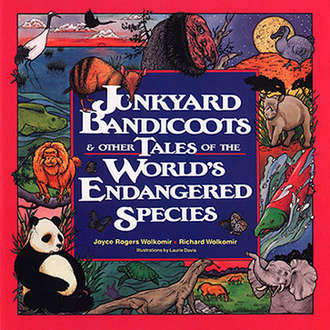
Example of a book from my childhood. Joyce Rogers Wolkomir and Richard Wolkomir. 1992.
- Read more about The Roots of Love



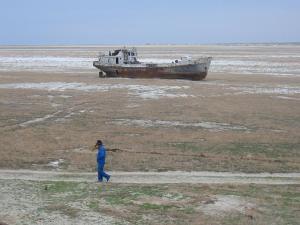
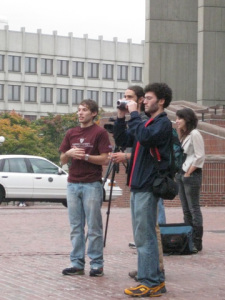
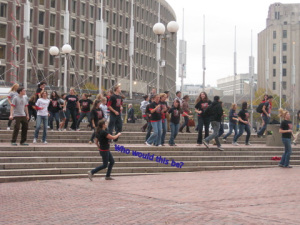
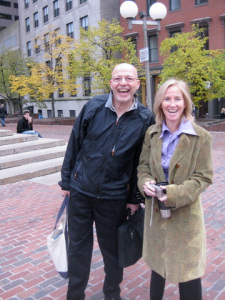
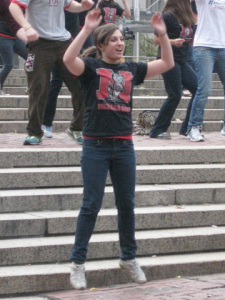
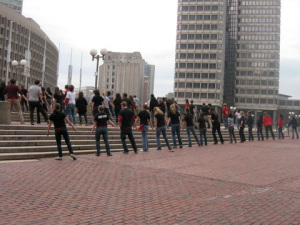
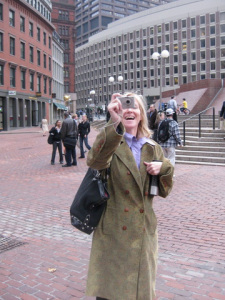
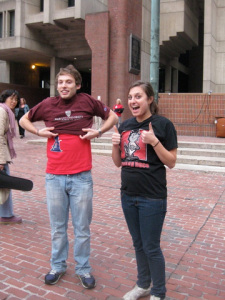
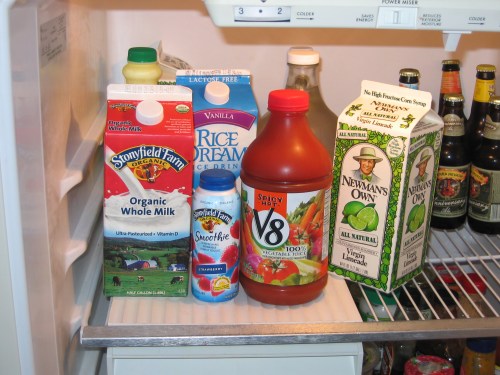
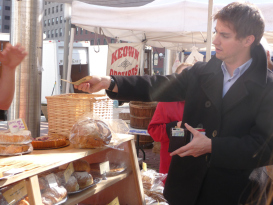
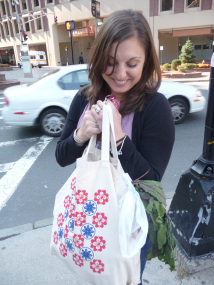
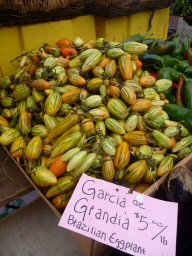
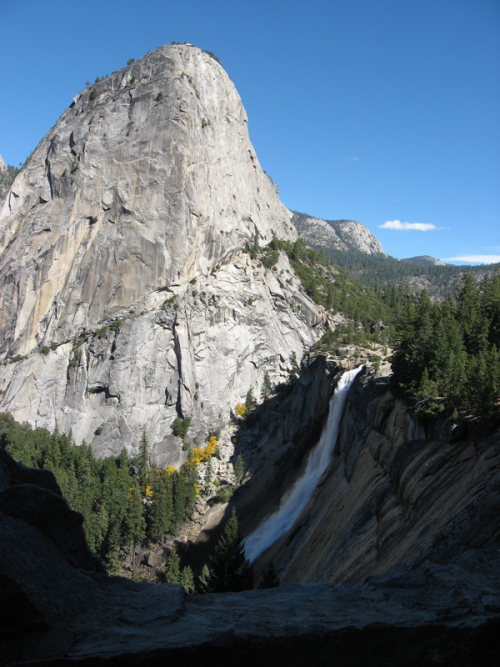
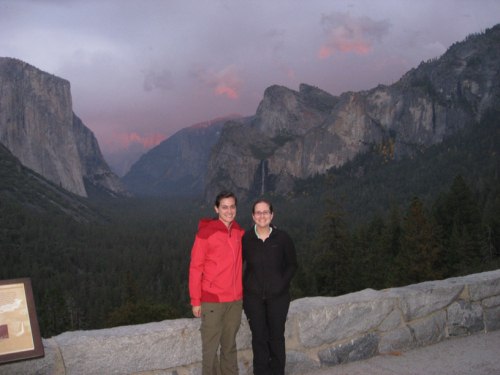
 Sunday was Consumption day. Our challenge: to live a fuller and happier life by buying less stuff. This one was fairly easy for me because I generally don't buy that much stuff anyway (between me and my eco-frugalisto husband we keep our total purchasing in check fairly well.) Anything I do purchase I always try for the item least impact, even if it means spending more. I admit that I did buy a ticket to the
Sunday was Consumption day. Our challenge: to live a fuller and happier life by buying less stuff. This one was fairly easy for me because I generally don't buy that much stuff anyway (between me and my eco-frugalisto husband we keep our total purchasing in check fairly well.) Anything I do purchase I always try for the item least impact, even if it means spending more. I admit that I did buy a ticket to the  I encountered my first road block this morning when cut my toe on my umbrella, which I conveniently left next to my bed last night. So, how do you use a band-aide without producing waste? Not sure. I guess it's something I can look into for future umbrella battles.
I encountered my first road block this morning when cut my toe on my umbrella, which I conveniently left next to my bed last night. So, how do you use a band-aide without producing waste? Not sure. I guess it's something I can look into for future umbrella battles.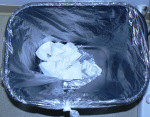
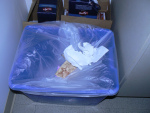
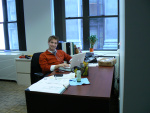
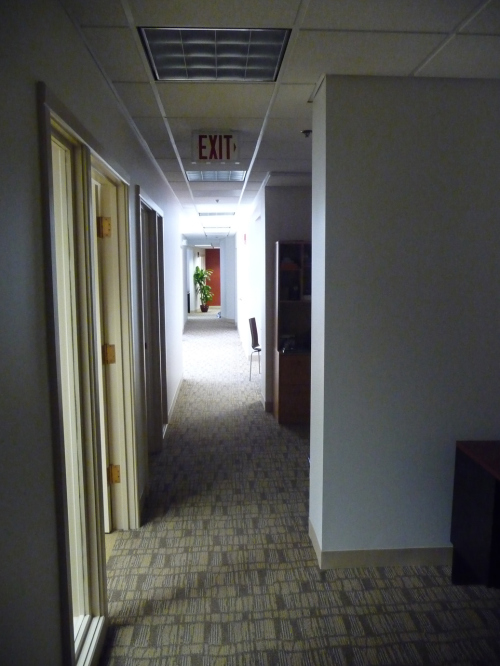
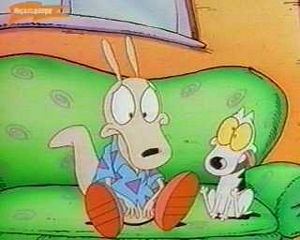
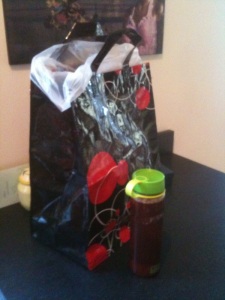
 I just got back from CA and am getting organized. I appreciate the comments of everyone so far. It is a good thing we were not doing this last week since Michelle, Barbara and I traveled to the Bioneers Conference in San Rafael, CA across the Golden Gate bridge from SF.
I just got back from CA and am getting organized. I appreciate the comments of everyone so far. It is a good thing we were not doing this last week since Michelle, Barbara and I traveled to the Bioneers Conference in San Rafael, CA across the Golden Gate bridge from SF.